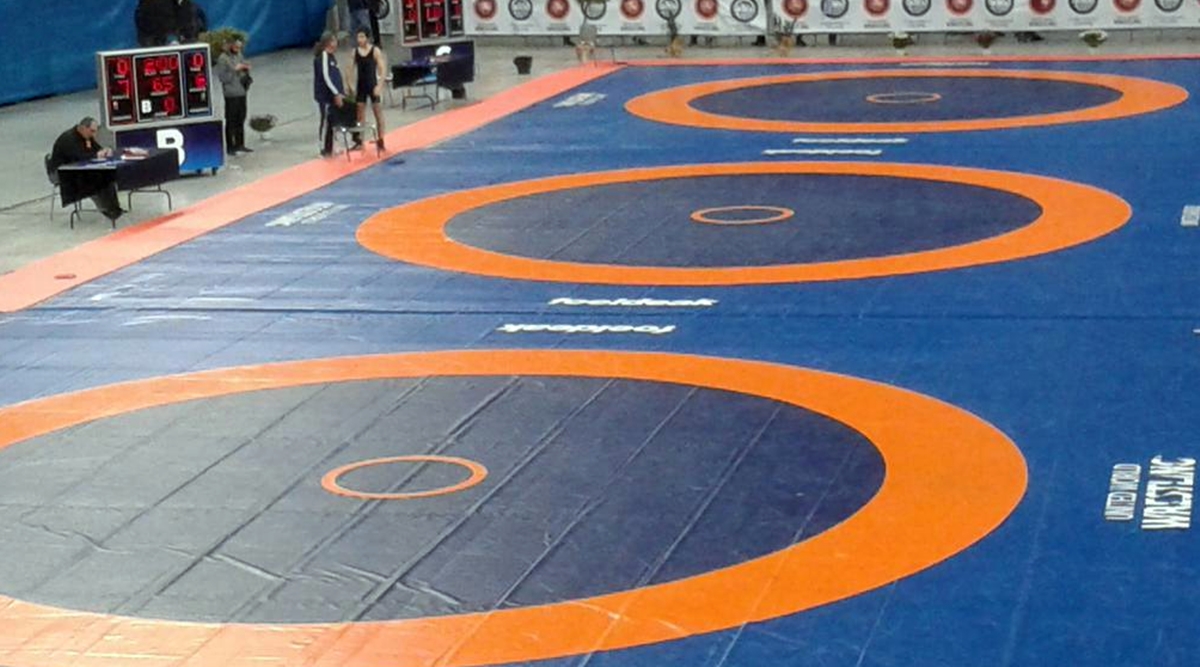 Olympics-bound Indian wrestler fails dope test
Olympics-bound Indian wrestler fails dope test Indian wrestling finds itself in the middle of another doping saga ahead of the Olympics after one Tokyo-bound grappler tested positive for a banned substance. The United World Wrestling (UWW) has provisionally suspended the wrestler for an alleged anti-doping rule violation with effect from Thursday, it is learnt.
Eight Indian wrestlers, four men and four women, have qualified for the Tokyo Olympics, which begin on July 23. However, the participation of the wrestler is now uncertain and the country risks losing one quota following the failed dope test.
The identity of the wrestler has been withheld because of a pending ‘B’ sample test. The Wrestling Federation of India (WFI) said they were unaware of the incident while the National Anti-Doping Agency (NADA) did not comment.
Wrestling is one of India’s biggest medal sports and has secured podium places in three back-to-back Olympics (2008, 2012 and 2016).
At the same time, it is also one of the sports with maximum doping cases. As per NADA’s 2019-2020 records, wrestling was the sport with the third-highest anti-doping rule violators after athletics and weightlifting. It had accounted for 12 rule violations during that period.
This is for the second consecutive Olympics that an Indian wrestler has failed a dope test just before the Olympics. Ahead of the Rio Games five years ago, Narsingh Yadav failed a drug test that became one of the biggest scandals in Indian sport. Yadav, who had been selected after a long-drawn court battle with two-time Olympic medalist Sushil Kumar, accused his rivals of spiking his food.
While he was let off by NADA, Yadav was not allowed to compete at the Rio Olympics after the World Anti-Doping Agency appealed the decision. He was later handed a four-year suspension, which ended last year. Yadav made a return and tried to qualify for the Tokyo Olympics but failed to do so.
- The Indian Express website has been rated GREEN for its credibility and trustworthiness by Newsguard, a global service that rates news sources for their journalistic standards.

